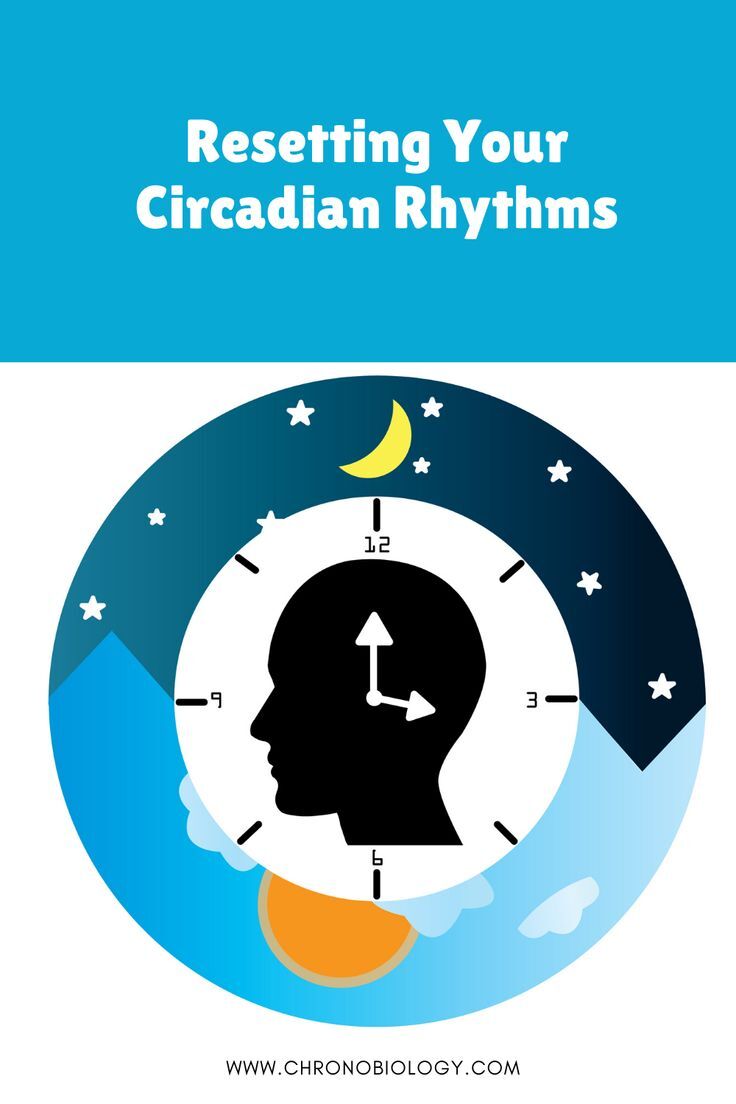L'impact émotionnel de l'insomnie sur les personnes âgées et comment trouver un sommeil réparateur

Imagine an older woman lying in bed, longing for the peaceful respite of sleep. This struggle is all too common among seniors and can profoundly affect their health and well-being. Let's explore the serious impacts of insomnia, understand its causes, and discover practical solutions to help our elderly loved ones enjoy better sleep and improved health.
The Importance of Sleep for Seniors
Good quality sleep is not just a luxury; it's a vital component of physical and cognitive health at every age. For seniors, sufficient rest strengthens the immune system and supports heart health and cognitive abilities. On the flip side, untreated insomnia can contribute to or worsen cognitive decline and chronic conditions like heart disease, diabetes, and depression. The journey towards restful sleep can be daunting, but there's hope. Healthcare professionals and in-home caregivers provide essential support and solutions to tackle these sleep issues.

Understanding Insomnia in Seniors
Experts suggest that adults aim for seven to nine hours of sleep nightly. Yet, for many seniors, reaching this goal feels like an unfathomable challenge. Older adults often face difficulties falling asleep, staying asleep through the night, and waking up at the crack of dawn.
Here's why sleep might be elusive for many seniors:
Circadian Rhythm Changes: As we age, our body's natural sleep-wake cycle, or circadian rhythm, changes. Seniors might feel that irresistible pull to sleep early in the evening, only to awaken at dawn. Deep sleep becomes more elusive, disrupting normal sleep patterns and fueling insomnia.

Chronic Pain: Imagine how arthritis or similar conditions can make it hard to find a comfortable sleeping position, leading to frequent night wakings. This pain becomes a constant companion interrupting the desired rest.

Medical Conditions: Conditions like heart disease, hypertension, dementia, sleep apnea, and restless leg syndrome can profoundly impact sleep quality.

Medications: Many seniors rely on prescription drugs to maintain their health, but some medications have side effects that interfere with sleep, such as diuretics that cause frequent bathroom trips.

Finding a way to restore restful sleep for seniors isn't just about improving sleep quality; it's about enhancing overall well-being and joy. By seeking support from healthcare professionals, exploring potential sleep disorders, and adjusting lifestyle factors, seniors can regain the gift of restorative sleep and, in turn, their zest for life.
that seniors get the quality sleep they need to maintain their health and well-being. Here are some strategies to consider in treating insomnia among the elderly:
Medical and Clinical Interventions for Insomnia
There are steps to go through when trying to figure out the reasons why someone might be experencing insomnia. The first step is to
1. Medication Review: Consult with a healthcare provider to review all medications and their side effects. Alternatives or dosage adjustments might be necessary.

2. Sleep Medications: In some cases, short-term use of sleep medications may be appropriate, but they should be used cautiously and under medical supervision to prevent dependency or adverse effects.

Lifestyle Changes to Promote Better Sleep
1. Regular Physical Activity: Encourage regular, moderate exercise such as walking or yoga. This can enhance sleep quality but should be done several hours before bedtime.
2. Sleep Hygiene: Establish a regular sleep routine by going to bed and waking up at the same time every day. Avoiding naps and limiting screen time before bed can also promote better sleep.

Environmental Adjustment
1. Comfortable Sleep Setting: Ensure the bedroom is conducive to sleep – dark, quiet, and at a comfortable temperature.
2. Limit Exposure to Light: Use heavy curtains to block outside light, and consider a white noise machine to minimize disruptions.
Psychological and Behavioural Strategies
1. Cognitive Behavioural Therapy for Insomnia (CBT-I): This therapy can help seniors change negative thoughts and behaviours that contribute to insomnia, often more effective than medication.
2. Stress Reduction Techniques: Practices such as mindfulness, meditation, or gentle stretching before bed can help calm the mind.
Social Support
1. Community Engagement: Encourage participation in social activities or support groups to reduce feelings of isolation, which can contribute to anxiety and depression.
2. Family Involvement: Families can play a crucial role in supporting healthy sleep practices by engaging in activities together and fostering open communication about stressors or concerns.
Regular Health Check-Ups
1. Routine Screening for Mental Health: Regular screenings for depression and anxiety can identify issues early, allowing for timely intervention.
2. Monitor Other Health Conditions: Proper management of chronic conditions like diabetes or hypertension can also improve sleep quality.
Through these comprehensive interventions, we can address the various factors contributing to insomnia in seniors and help them achieve better sleep, thereby enhancing their overall quality of life.
Remember, you're not navigating this journey alone. Together, with understanding and support, we can light up the nights with rest and relief. Share this knowledge and empower yourself and others to transform sleepless nights into rejuvenating rest.

Contact https://www.adequatehcsi.com/contact to learn more about how our support and care services can help you or your loved one.